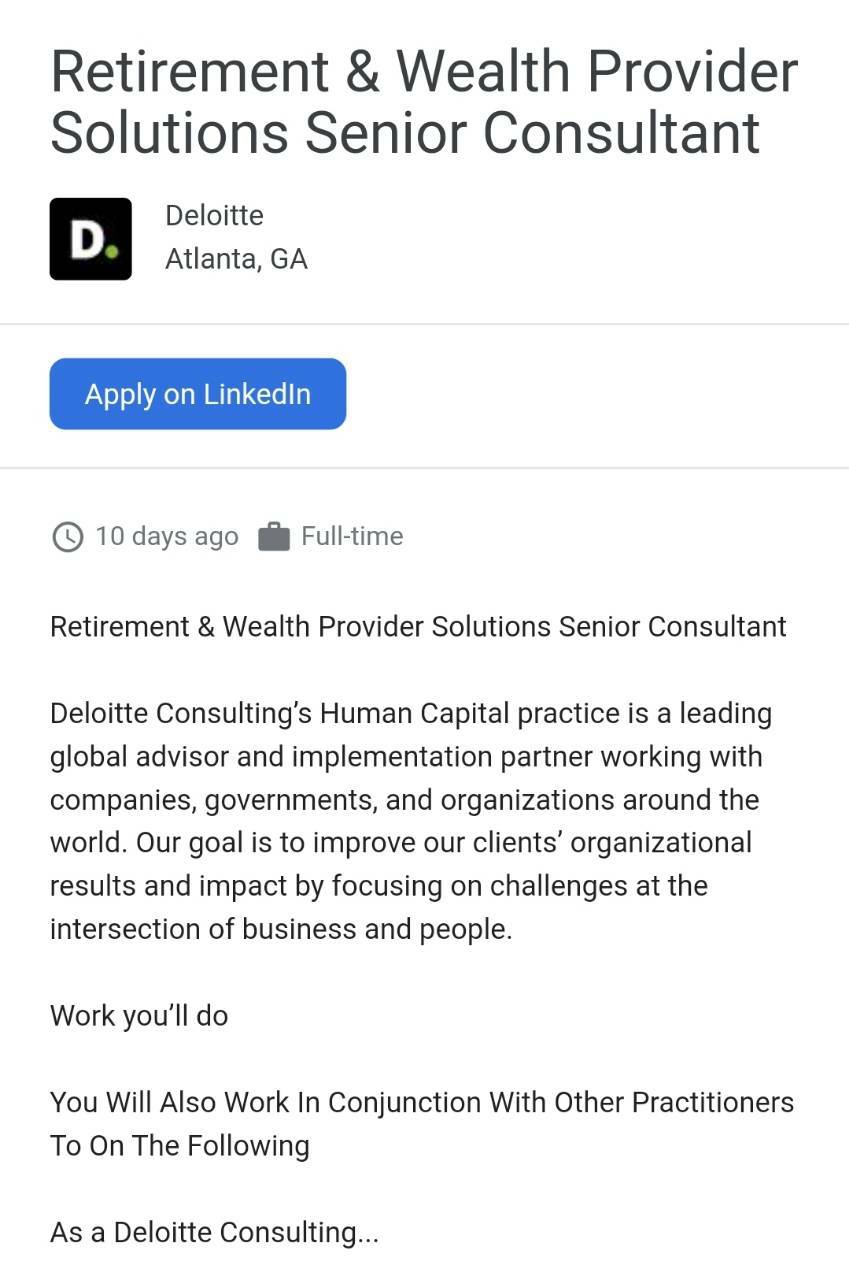
Environment consulting is a career field in which professionals assist in the creation, analysis, and enforcement of policies that will lessen the environmental impact of commercial, industrial, and government initiatives. They also help to create and implement regulations and laws that regulate the industry. They are responsible for identifying, analyzing and recommending solutions to pollution problems.
Consulting in environmental issues is essential to the development, analysis, and implementation of policies by the government that will reduce the adverse effects of government, industrial, or commercial initiatives on the environment
An environmental consultant can do a lot of work. Their duties may include creating policies and analysis to minimize the effects of government, commercial, or industrial initiatives on the environment. They may also be asked to carry out field studies and to analyze scientific data. Experience in the field is crucial, as are communication skills and management skills. Environmental consultants typically work in smaller firms that are specialized in a particular industry or offer a specific service. They may also be contracted by government agencies to monitor and enforce regulations.
To provide clients with comprehensive advice, environmental consultants often combine their industry experience with regulatory expertise to offer a unique combination of scientific knowledge and industry experience. They provide information about environmental concerns, analyze current policies and management systems, and monitor environmental pollution within client organizations.
There are many branches of environmental consulting
Compliance consulting can be used to ensure that clients comply with environmental regulations. An environmental consultant helps clients develop and implement strategies to achieve this goal. They assist clients in identifying and implementing ways to reduce their carbon footprint.

The many disciplines of environmental engineering include everything from groundwater sampling to the construction and operation of wastewater plants. This can include energy conservation, mine operation improvement, and many other things. An environmental engineer could also work for government agencies to help create legislation and environmental regulations. A professional in this field should be able and able to communicate effectively.
Common educational background
A background in environmental science is necessary for anyone who wants to become an environmental consultant. This area of study encompasses a wide variety of core scientific disciplines such as chemistry, biology, geology, and physics. Many environmental consultants are also trained in engineering. While there are many possible educational backgrounds for this field, a strong background in environmental science is the most common.
Many clients hire environmental consultants to assist with permitting. They may also manage a team of employees involved in environmental efforts. Environmental consultants must be able to read and understand scientific reports and studies in order to provide sound advice to clients.
Balance between work and life
Working in an environment consulting industry is a demanding job. It is vital to maintain a healthy work-life balance. Many environmentalists have to work overtime and for long hours. However, they must ensure that they take care of their health and mental well-being to avoid burnout, which can be extremely damaging to the sector. Cynicism and burnout can also cause cynicism. For environmentalists to have a balance between work and life, they need to evaluate their values. Then decide how long they can commit to their work.
Work-life balance is increasingly incorporated into talent management strategies. Both the employee and company both benefit from it, especially for multi-job juggernauts. Employers that encourage work-life balance will also be more successful in reducing absenteeism and saving money. Flexible schedules and telecommuting can also be helpful in ensuring a healthy work-life balance.

The field is profitable
The lucrative industry of environmental consulting offers companies and organizations advice and assistance on a range of environmental issues. Tetra Tech, Veolia North America, Arcadis and Jacobs are some of the major US-based companies that specialize in this field. This industry earns approximately $135 million in annual revenues. According to recent estimates this industry will reach peak revenue in 2021. Growth is expected to be particularly strong in China and the Asia-Pacific.
Additionally, environmental consultants can help companies avoid troubles with regulators. They can help companies become leaders in environmental responsibility, which can lead to new sales and marketing opportunities. They can also help companies present themselves as being positive to consumers. This is vital because customers are increasingly inclined to buy products and/or services that have the minimum impact on the natural environment.
FAQ
What contracts are available for consultants?
Most consultants sign standard employment agreements when hired. These agreements outline how long the consultant will work for the client, what he/she will get paid, and other important details.
Contracts also specify which areas of expertise the consultant will focus on and how the consultant will be compensated. An agreement could state, for example, that the consultant will offer training sessions, workshops and webinars.
Sometimes, the consultant simply agrees that a specific task will be completed within a set time frame.
Consultants often sign independent contractor contracts in addition to their standard employment agreements. These agreements allow the consultant not only to work for himself/herself but also provide payment.
How does consulting differ from freelancing?
Freelancers work as independent contractors and offer their services without the assistance of an agency or company. They charge hourly rates depending on the amount of time spent on a client's projects. Consultants are usually employed by companies or agencies. Their salaries are paid usually monthly or annually.
Freelancers tend to have more flexibility than consultants because they control their work hours and set their own prices. Consultants have better benefits, like health insurance, vacation time, sick leave, retirement plans and etc.
What are some of the advantages to being a Consultant?
Consultants are able to pick when and where they want to work.
This means that you are able to work from wherever you're at any time.
You also have the freedom to change your mind at any time without fearing losing your money.
Finally, you can control your income and set your own schedule.
What happens after the consultant completes the job?
After the consultant has completed the work, they will submit a final document detailing the results. This report includes project timelines, deliverables, and any other pertinent information.
Next, you will review the report and determine if the consultant has met your expectations. If the report does not meet your expectations, you have two options: to request changes or to terminate the contract.
Statistics
- According to IBISWorld, revenues in the consulting industry will exceed $261 billion in 2020. (nerdwallet.com)
- On average, your program increases the sales team's performance by 33%. (consultingsuccess.com)
- Over 62% of consultants were dissatisfied with their former jobs before starting their consulting business. (consultingsuccess.com)
- 67% of consultants start their consulting businesses after quitting their jobs, while 33% start while they're still at their jobs. (consultingsuccess.com)
- My 10 years of experience and 6-step program have helped over 20 clients boost their sales by an average of 33% in 6 months. (consultingsuccess.com)
External Links
How To
How to start a consulting company and what should I do first?
You can make a lot of money by setting up a consulting business. It doesn't require any prior business experience nor capital. You can start your own consulting firm by building a website. After you have built a website, social media platforms such Instagram, Pinterest and LinkedIn will be useful to spread the word about your services.
You can use these tools to put together a plan for marketing that includes:
-
Blog Content Creation
-
Building relationships (contacts).
-
Generating leads (lead generation forms)
-
Selling products online
Once your marketing strategy is developed, you need to find clients willing and able to pay for your services. Some prefer to meet up at networking events or go to meetings, while others prefer to use online platforms like Craigslist, Kijiji, and others. It's up to you to make the decision.
After you have found new clients, it's important to discuss terms and payment options. This could include flat fee contracts, hourly fees or retainer agreements. So that you are able to communicate clearly during the entire process, it is important to understand what you expect from a client before you accept them.
Hourly agreements are the most common contract type for consultancy services. This contract allows you to pay a fixed amount each week or month for certain services. You might be able, depending on which service you offer, to negotiate a discount. Make sure you understand what you are signing when you accept a contract.
The next step is to create invoices and send them to your clients. Invoicing can seem simple until you try it. There are many options for invoices to be sent to your clients. Some people prefer to email their invoices directly, while others prefer to mail them hard copies. No matter what method you use, ensure it works for your business!
After you've finished creating invoices, you'll want to collect payments. PayPal is popular because it is easy to use, offers several payment options, and most people prefer it. Other payment processors such as Square Cash. Google Wallet. Apple Pay. Venmo.
Once you are ready for payments to begin, you will need to open bank accounts. Separate checking and savings accounts allow you to keep track of income and expenses separately. Automated transfers into your bank account are a great way to pay bills.
Although it can seem daunting when you first start a business as a consultant, once you get the hang of it, it will become second nature. Our blog post contains more information on how to start a consulting business.
A consulting business is a great way of making extra money without worrying about your employees. Consultants can work remotely so they don't have the hassle of dealing with office politics and long working hours. Since you are not tied down by regular working hours, you have more flexibility than a traditional employee.